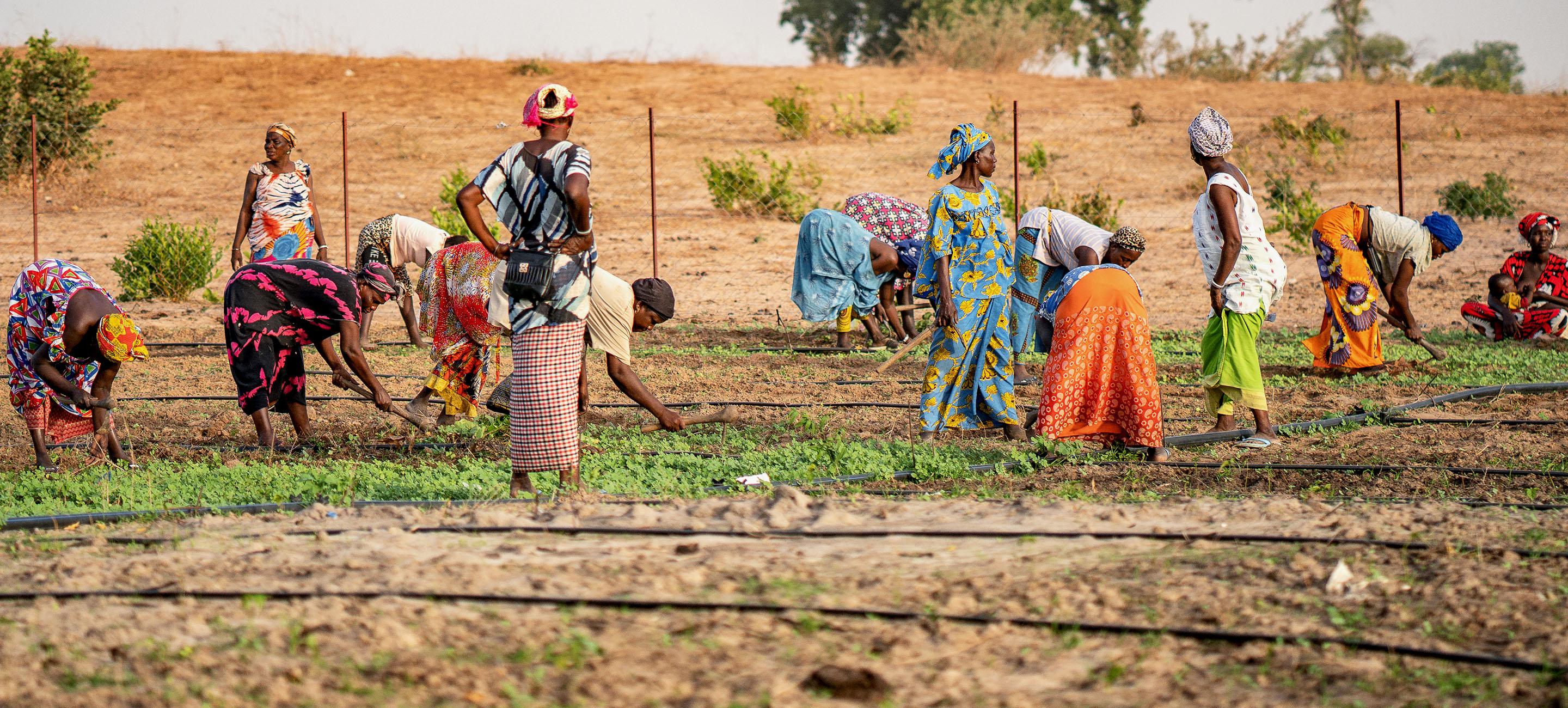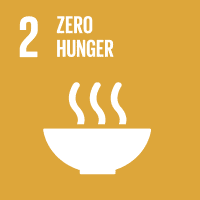In the Global South, smallholder farmers produce most of the food. But farmers also provide numerous ecosystem services. These include the protection of natural resources such as water. They also maintain soil and biodiversity. However, these services remain largely unrecognised and unremunerated.
This is where BMZ’s CompensACTION initiative comes in. Contributions beyond food production are compensated, for example when farmers use organic fertilisers to increase the carbon content of their soil. Carbon-rich soils store more water and release less nutrients and pollutants into groundwater. This makes farming more sustainable and allows farmers to generate additional income.

